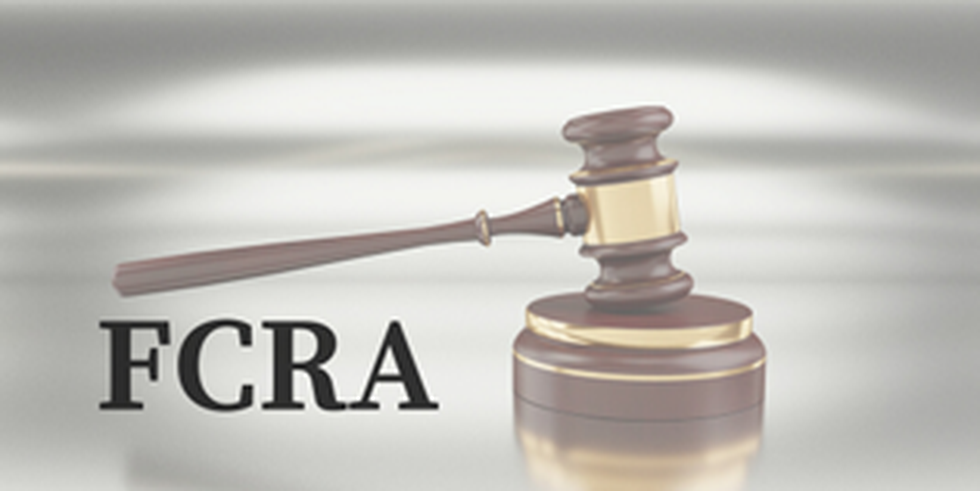About FCRA (Foreign Contribution Regulation Act) :
- Purpose: FCRA stands for Foreign Contribution (Regulation) Act, which is a law enacted by the Parliament of India to regulate the acceptance and utilization of foreign contributions by individuals, associations, and companies.
- Prohibition: The Act prohibits the receipt of foreign contributions "for any activities detrimental to the national interest".
- Registration: Organizations require the government’s permission to receive funding from abroad.
- Implementation: The Act is implemented in convergence with various Union government Ministries and agencies, State authorities, and a network of formal and informal institutions and individuals.
- Amendments: The Act has been amended over time, with the latest amendment being the Foreign Contribution (Regulation) Amendment Act, 2020. The Bill makes the following changes to the Act:
- Public servants and foreign donations: Public servants are prohibited from accepting foreign donations.
- Restriction on donation transfer: Foreign donations cannot be transferred to any other person, regardless of their registration status under the Act.
- Identity proof requirement: Aadhaar number, passport copy, or Overseas Citizen of India card must be provided as identity proof by those seeking permission, registration, or renewal of registration to accept foreign donations.
- FCRA account: Foreign donations can only be received in an “FCRA account” in a specified branch of the State Bank of India in New Delhi.
- Unutilised foreign donations: The government can halt the use of unutilised foreign donations if the Act is violated.
- Registration certificate renewal: Every person with a registration certificate must renew it within six months before it expires.
- Administrative expense limit: The limit for using foreign donations for administrative purposes has been reduced from 50% to 20%.
- Voluntary surrender of registration certificate: The central government can allow a person to surrender their registration certificate.
- Suspension period: The government can suspend the registration of a person for up to 360 days, instead of 180 days.
- Penalties: The Act provides for penalties for making false statements, delivering false accounts, and for contravention of any provision of the Act.
